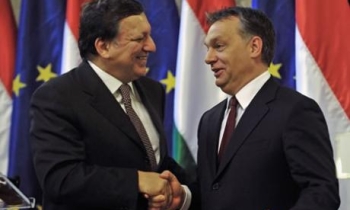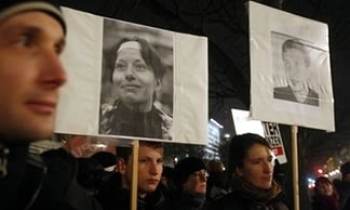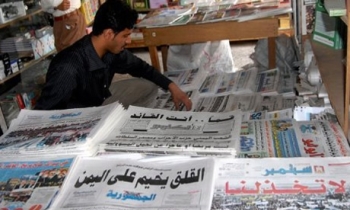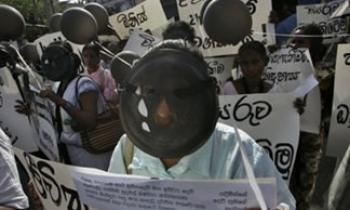The 76-year-old Burmese journalist and writer Win Tin completes on Tuesday his 17th year of imprisonment, gaining for himself the doubtful distinction of being among the longest serving political prisoners in Burma and perhaps in all Southeast Asia.
Human rights organizations and press freedom groups have long been calling for his release—but in vain, meeting only total silence from the regime. He was jailed in 1989, convicted of "subversion" and "anti-government propaganda." Currently, he languishes in Rangoon’s infamous Insein prison.
Win Tin has won international recognition for his pro-democracy involvement, and in 2001 he was awarded the World Association of Newspapers Golden Pen of Freedom and the UNESCO Guillermo Cano World Press Freedom Prize.
Last July, there were hopes of his impending release when he was taken to Insein prison gates along with a handful of political prisoners who were released. Win Tin, however, was led back to his cell, to the dismay and mystification of activists and human rights defenders, who accused the regime of mental torture.
If it is, in fact, the generals’ intention to break this fine man they are sorely misled. In spite of ill health and the rigors of solitary confinement, Win Tin remains strong and committed to the democracy movement, say his friends who have visited him in prison. One close friend and frequent visitor said Win Tin remains devoted to his political beliefs and principles. When he heard last year that he was to remain a prisoner he told his friend “I keep the flag flying even when there’s nothing left.”
Despite Win Tin’s defiance and unbreakable resolve, and in view of the regime’s callous intent to prolong his prison stay, the conditions of his incarceration demand improvement. A scholar, writer and journalist, author of books, essays and articles, and formerly editor of a respected newspaper, Hanthawaddy, Win Tin is now denied the one privilege—free people would call it a right—to do what might relieve his plight: write.
Another capricious cruelty imposed by the regime is to deny Win Tin and other political prisoners the access to medical care they enjoyed up until the International Committee of the Red Cross stopped making prison visits last December.
Outside the prison walls, the regime’s Secretary One, Lt-Gen Thein Sein, urged the state-sponsored Myanmar Writers and Journalists Association in a speech this week to be patriotic and to seek harmony in the development of a literature to benefit all people.
He told writers and journalists to understand what he called the unfair acts of big nations, saying they posed dangers to Burma’s spirit, independence and sovereignty. Empty words, indeed.
The man much better qualified to address Burma’s writers on the subjects of patriotism and harmony sits, gagged, in a prison cell. In the free world, however, his silence is far, far more eloquent than anything emanating from the mouths of such pathetic philistines as Thein Sein.









